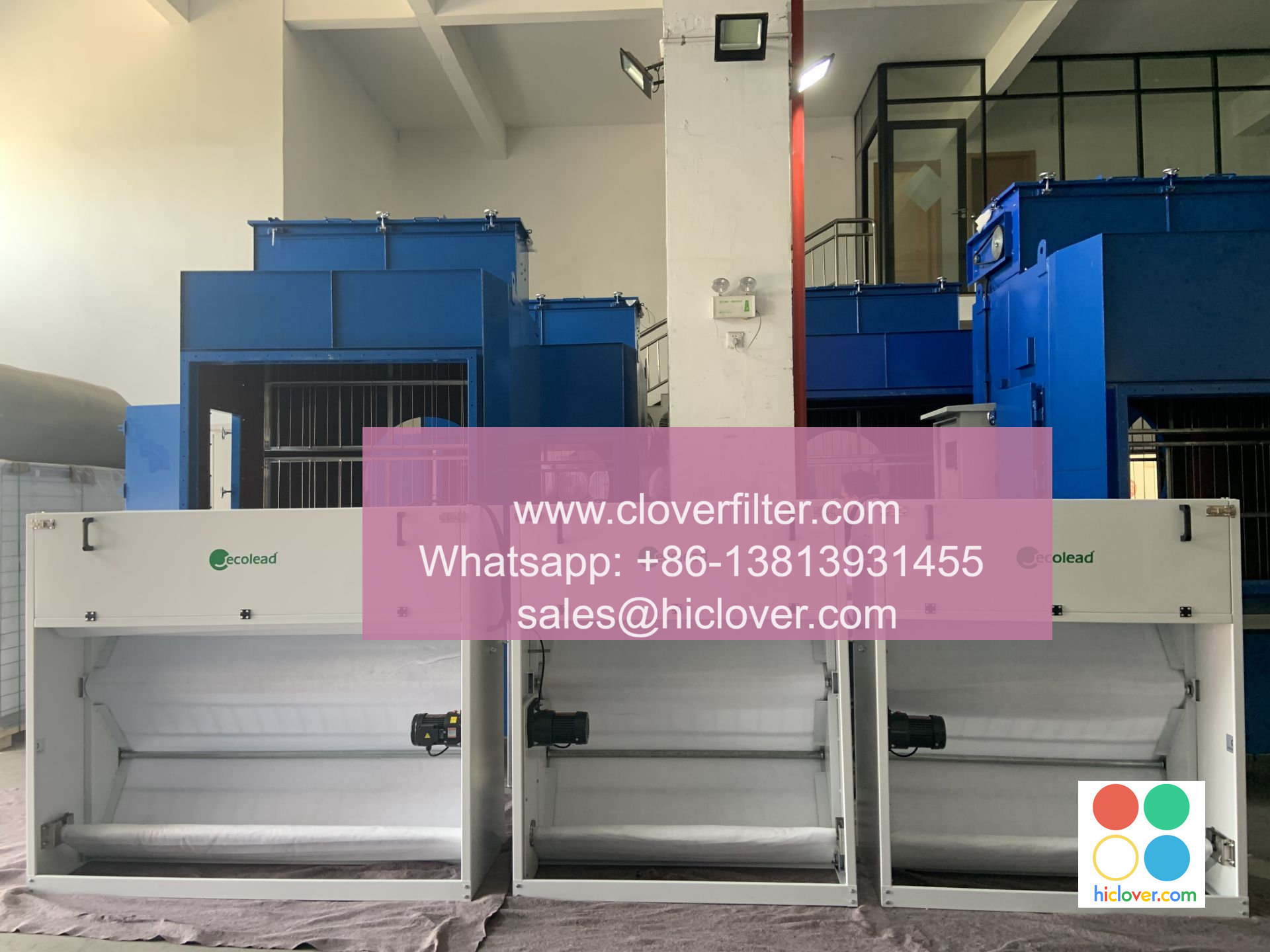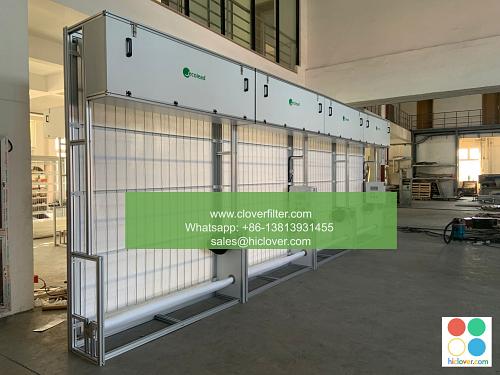Introduction to Automatic Roll Air Filters in Calgary Petroleum Processing Plants

Automatic roll air filters are an essential component in Calgary petroleum processing plants, playing a crucial role in maintaining air quality and ensuring the smooth operation of equipment. These filters are designed to remove contaminants and pollutants from the air, protecting the plant’s machinery and personnel from harmful substances. In this article, we will delve into the world of automatic roll air filters, exploring their benefits, functionality, and significance in the petroleum processing industry.
The petroleum processing industry is a complex and sensitive sector, where the slightest contamination can have severe consequences on the quality of the final product. Airborne contaminants, such as dust, pollen, and other particles, can compromise the purity of the petroleum products, leading to reduced quality and potential safety hazards. Automatic roll air filters are designed to mitigate these risks, providing a reliable and efficient solution for removing airborne contaminants.
So, how do automatic roll air filters work? These filters consist of a roll of filtering media, typically made of a synthetic or fiberglass material, which is wound onto a spool. As the air passes through the filter, the contaminants are trapped on the surface of the media, while the clean air is allowed to pass through. The filter media is gradually unwound from the spool, replacing the dirty section with a clean one, ensuring continuous filtration without interruption. This automated process eliminates the need for manual intervention, reducing maintenance costs and minimizing downtime.
The benefits of automatic roll air filters in Calgary petroleum processing plants are numerous. Firstly, they provide superior air quality, removing up to 99% of airborne contaminants, including particles as small as 0.3 microns. This level of filtration ensures that the air is clean and safe for personnel and equipment, reducing the risk of contamination and equipment damage. Secondly, automatic roll air filters are highly efficient, requiring minimal maintenance and reducing energy consumption. They also extend the lifespan of equipment, reducing the need for frequent replacements and repairs.
In addition to their technical benefits, automatic roll air filters also play a critical role in ensuring compliance with regulatory requirements. The petroleum processing industry is subject to stringent regulations, including those related to air quality and emissions. Automatic roll air filters help plants meet these requirements, providing a reliable and efficient solution for removing airborne contaminants and minimizing emissions.
When selecting automatic roll air filters for a Calgary petroleum processing plant, several factors must be considered. The type of filtering media, the size of the filter, and the airflow rate are all critical considerations. The filter must be designed to handle the specific requirements of the plant, including the type and quantity of contaminants, as well as the airflow rate. Additionally, the filter must be compatible with the plant’s existing equipment and infrastructure, ensuring seamless integration and minimal disruption to operations.
In conclusion, automatic roll air filters are a vital component in Calgary petroleum processing plants, providing superior air quality, efficiency, and compliance with regulatory requirements. Their benefits are numerous, ranging from reduced maintenance costs and extended equipment lifespan to improved air quality and safety. By understanding the functionality and significance of automatic roll air filters, plant operators can make informed decisions about their air filtration needs, ensuring the smooth operation of their equipment and the quality of their final products.
FAQs
Q: What is the average lifespan of an automatic roll air filter?
A: The average lifespan of an automatic roll air filter varies depending on the type of filtering media, airflow rate, and contaminants present. Typically, the filter media can last anywhere from 3 to 12 months, depending on the specific application.
Q: Can automatic roll air filters be customized to meet specific plant requirements?
A: Yes, automatic roll air filters can be customized to meet the specific needs of a plant. Manufacturers can design filters with specific types of filtering media, sizes, and airflow rates to accommodate the unique requirements of each plant.
Q: How do automatic roll air filters compare to other types of air filters?
A: Automatic roll air filters offer several advantages over other types of air filters, including higher efficiency, longer lifespan, and reduced maintenance costs. They are also more effective at removing small particles and can handle higher airflow rates, making them an ideal choice for petroleum processing plants.
Q: Are automatic roll air filters compatible with existing equipment and infrastructure?
A: Yes, automatic roll air filters are designed to be compatible with existing equipment and infrastructure. They can be easily integrated into existing systems, minimizing disruption to operations and ensuring seamless functionality.

